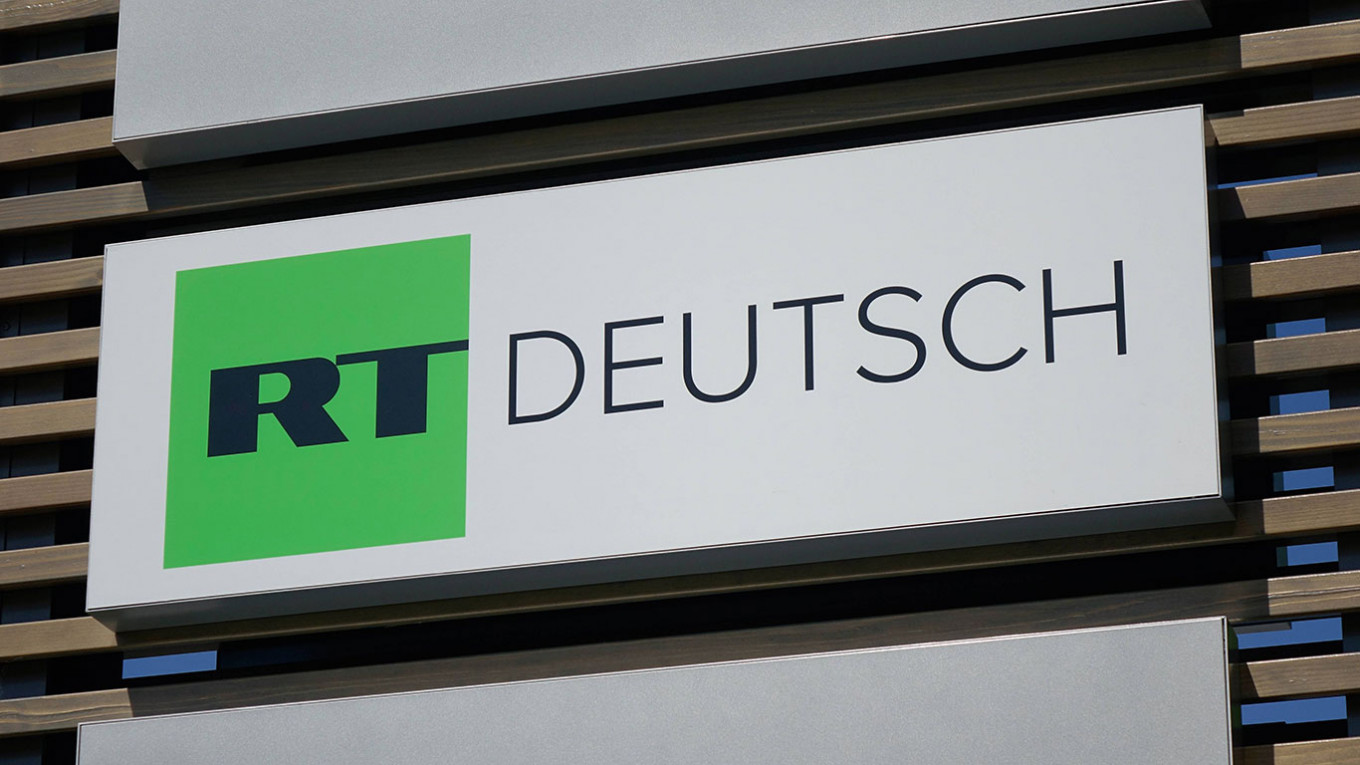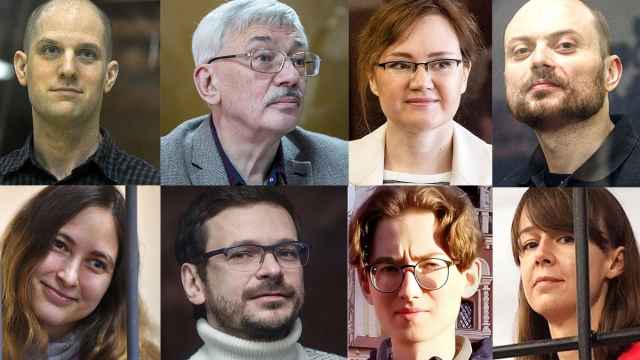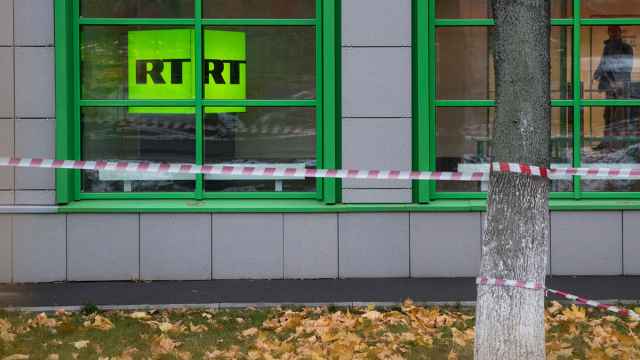Russia's foreign ministry on Wednesday said it will take "retaliatory measures" against German media in Russia after RT's German-language channel was banned by a local regulator.
"This step leaves us no choice other than to start implementing retaliatory measures against German media accredited in Russia," the ministry said in a statement.
It added that similar measures will be taken against "internet-intermediaries" that have deleted the channel from their platforms, in an apparent reference to IT giant YouTube.
"The verdict of the German media regulator is an unambiguous sign that Russian concerns were demonstrably ignored," the statement said.
Germany's broadcasting regulator on Wednesday announced that it was banning the transmission of the channel "RT DE" over the lack of a broadcasting licence.
The broadcaster was blocked from Europe's satellite network on Dec. 22 at the request of German authorities, less than a week after going on air, but was still available over the internet and via a mobile app.
In response to the earlier decision, RT DE said its suspension was "illegal" and the result of political pressure from Berlin, at a time of diplomatic tensions between Germany and Russia.
YouTube in December had blocked a new RT channel after removing the network's German channels RT DE and Der Fehlende Part earlier last year.
Launched in 2005 as "Russia Today," state-funded RT has expanded with channels and websites in languages including English, French, Spanish and Arabic.
It has been accused by Western countries of distributing disinformation and Kremlin-friendly propaganda.
The channel has been banned in several countries, including the ex-Soviet republics of Lithuania and Latvia.
A Message from The Moscow Times:
Dear readers,
We are facing unprecedented challenges. Russia's Prosecutor General's Office has designated The Moscow Times as an "undesirable" organization, criminalizing our work and putting our staff at risk of prosecution. This follows our earlier unjust labeling as a "foreign agent."
These actions are direct attempts to silence independent journalism in Russia. The authorities claim our work "discredits the decisions of the Russian leadership." We see things differently: we strive to provide accurate, unbiased reporting on Russia.
We, the journalists of The Moscow Times, refuse to be silenced. But to continue our work, we need your help.
Your support, no matter how small, makes a world of difference. If you can, please support us monthly starting from just $2. It's quick to set up, and every contribution makes a significant impact.
By supporting The Moscow Times, you're defending open, independent journalism in the face of repression. Thank you for standing with us.
Remind me later.






